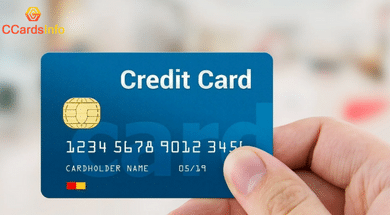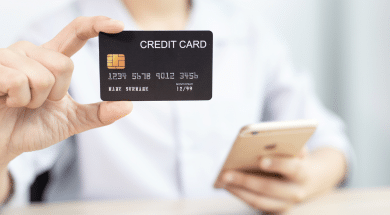Using credit cards responsibly involves managing your debts, making timely payments, and avoiding overspending. It’s important to have a budget and stick to it, and only use credit cards for necessary expenses that you can afford to pay off in full each month. It’s also important to pay attention to your credit score, as responsible use of credit cards can help improve it. Additionally, be aware of the interest rates and fees associated with your credit card, and try to avoid carrying a balance that incurs high-interest charges.

By following these points, you can use credit cards responsibly and manage your debts effectively.
- Create and stick to a budget: To use credit cards responsibly, it’s important to have a budget and stick to it. This will help you understand how much money you have available to spend and will make it easier to avoid overspending.
- Avoid carrying a balance: The best way to avoid high interest charges is to pay off your credit card balance in full each month. Carrying a balance will not only accrue interest but also negatively affect your credit score.
- Make payments on time: Late payments can incur penalties and negatively impact your credit score. Set reminders or automate your payments to ensure that you make payments on time.
- Keep an eye on your credit score: Responsible use of credit cards can help improve your credit score. Keeping an eye on your credit score is an important aspect of using credit cards responsibly. A credit score is a numerical representation of your creditworthiness and is used by lenders to determine your credit risk. A higher credit score indicates that you are a low-risk borrower and may qualify for better interest rates and credit limits.
- Understand the interest rates and fees associated with your credit card: Credit cards come with different interest rates and fees. Make sure you understand the terms and conditions of your card, including the interest rate and annual fee.
- Use credit cards for necessary expenses: Credit cards should be used for necessary expenses that you can afford to pay off in full each month. Avoid using credit cards for unnecessary expenses or impulse purchases.
- Limit the number of credit cards you have: Having multiple credit cards can make it harder to keep track of your spending and payments. Limit the number of credit cards you have to the ones you actually use, and close any accounts you no longer need.
- Be mindful of your credit limit: Credit cards have a limit on the amount of credit that you can use. It’s important to keep your credit card balance below your credit limit to avoid over limit fees and damage to your credit score.
Bottom line:
To use credit cards responsibly, it’s crucial to only spend what you can afford to pay off in full each month, make payments on time, and keep an eye on your credit score. Avoid overspending and carrying high balances, which can lead to high-interest charges. A budget and a clear understanding of interest rates and fees associated with your credit card can help you manage your debts and make the most out of credit card usage.




